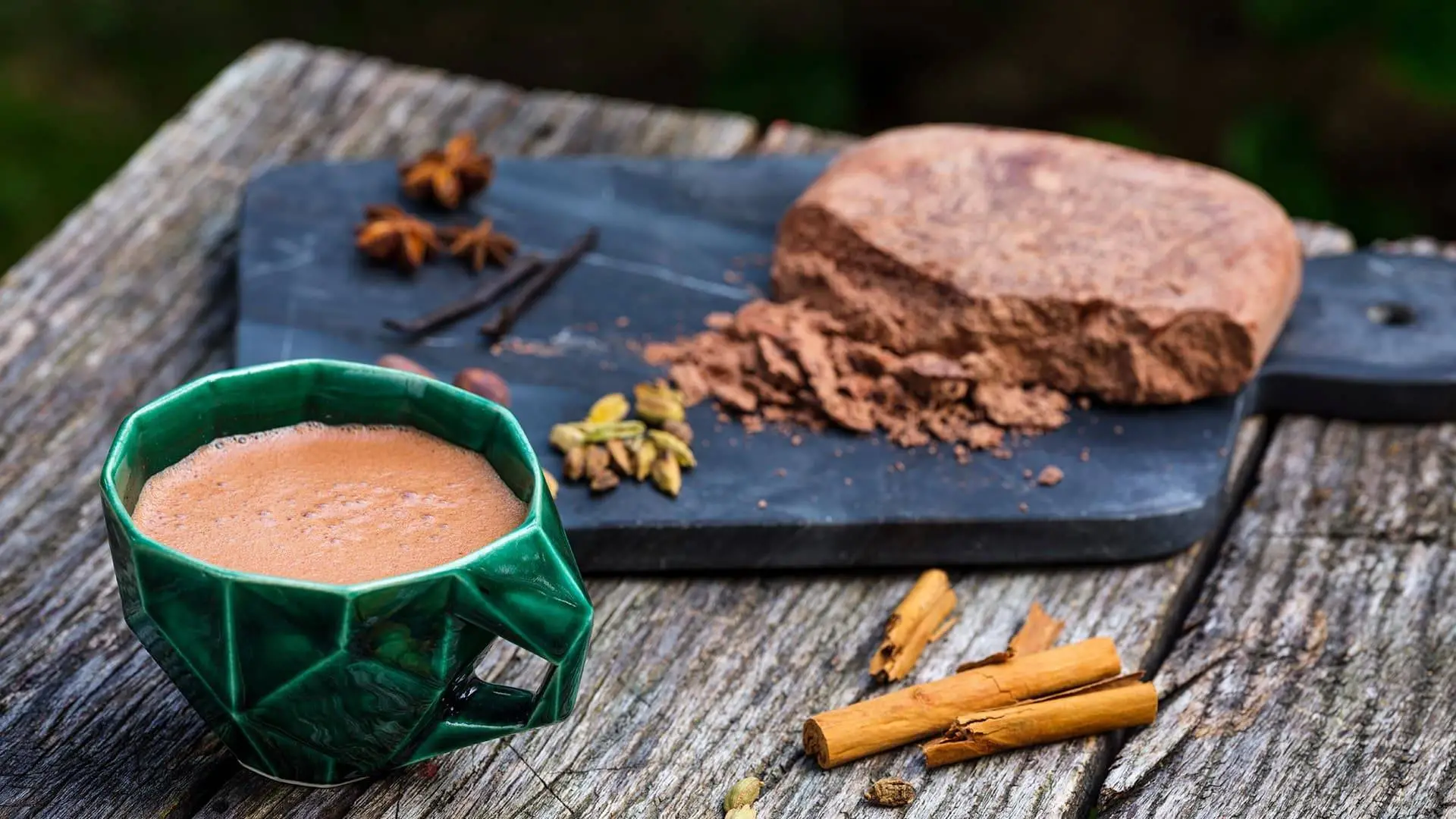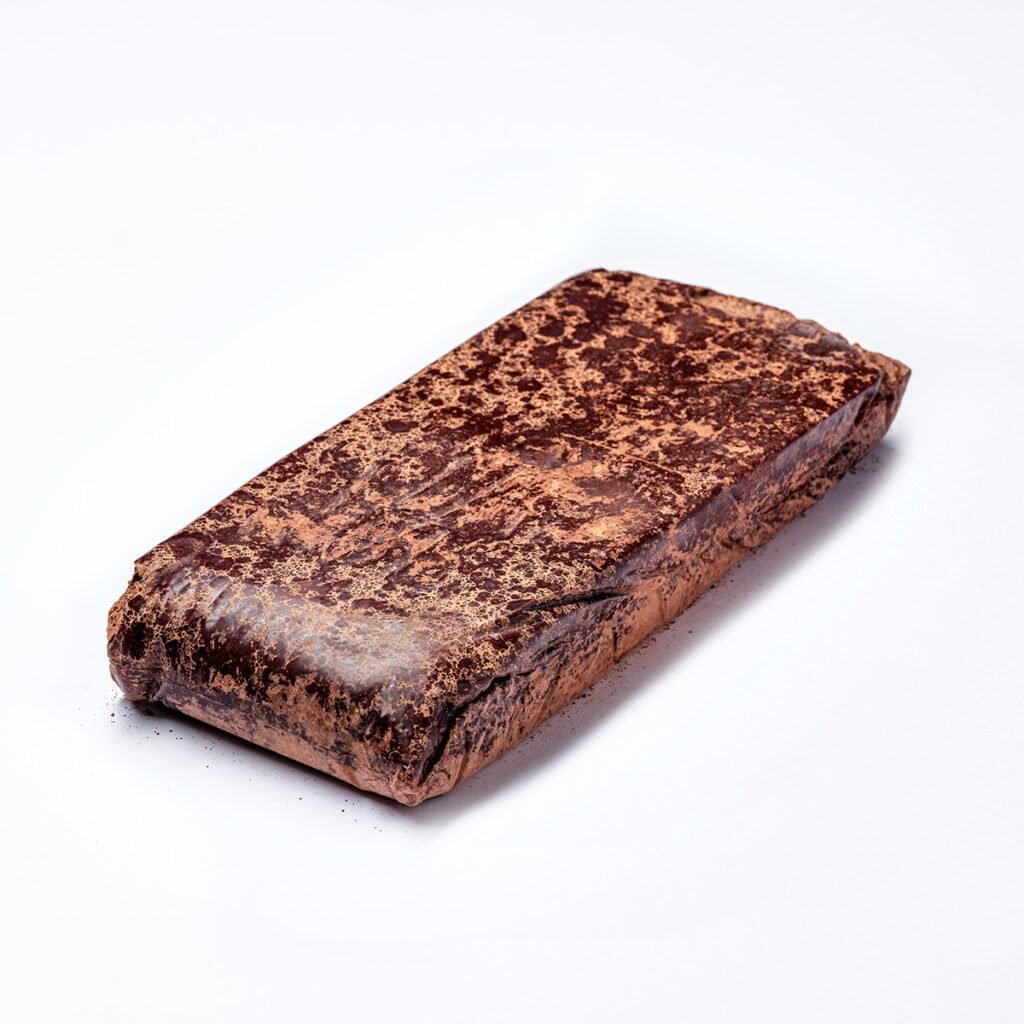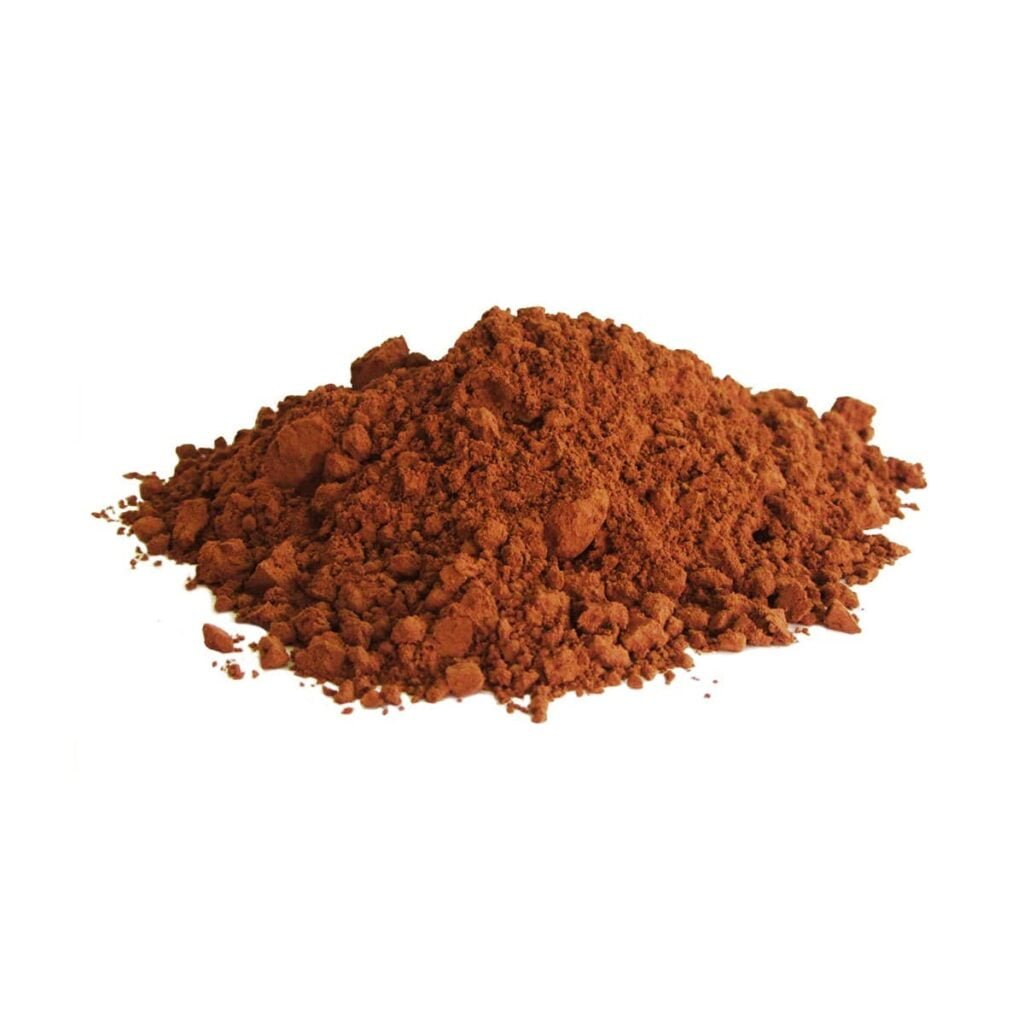Is cacao healthy?

Featured products Learn more about our offer
View products
Originating from South America, cacao beans now surround us at every turn: not only do we consume them in chocolate and hot drinks, add them to cakes, and sprinkle them on cappuccinos, but increasingly, roasted cacao beans make an interesting snack to accompany a film or a book. Fans of products containing cacao usually emphasize their delicious taste and unique aroma, but relatively few people consider the beneficial impact of cacao treats on our health. In this article, we will focus on the health properties of cacao. So, here you will find the answer to the question of how cacao affects us, both physically and mentally.

Cacao Paste (Ceremonial Cacao)

Natural cacao powder
Ceremonial cacao – composition
Let’s start our journey through the health benefits of consuming cacao by establishing a fundamental issue known since the Middle Ages: the issue of dosage. In the 14th century, Paracelsus, one of the great pioneers of medicine, stated that “everything is poison, and nothing is without poison, the dose alone makes it so” [3]. It is widely acknowledged, for example, that fruits are healthy, but few dieticians would recommend eating several kilograms of them per day. Similarly, there are certain substances that can harm us greatly in large quantities, but in small doses, they have a beneficial impact on our health. For this reason, when it comes to cacao, it’s important to note that it’s beneficial to consume it in the appropriate amount (20-40g twice a week [4]) as part of a varied diet. In this way, when consumed along with other important substances, cacao-containing products can positively impact our bodies. What specifically about cacao beans makes them nutritious for humans?
Why is cacao healthy?
Let’s start with the basic composition of real, full-fat cacao, also known as ceremonial cacao. Its main components are carbohydrates and fats[1]. The latter may be associated with something undesirable due to the prevailing advice to limit the consumption of fatty foods. However, it’s important to know that fats are simply energy bricks, present in most food products, and it cannot be said unequivocally that they are either good or bad for our health. The fats contained in cacao are mainly oleic, stearic and palmitic fats [1], that is, both saturated and unsaturated fats. The former are often said to be harmful to us because of cholesterol, but the chemical structure of cacao means that it does not raise blood cholesterol [2]! Eating huge amounts of cocoa would therefore not be optimal for our bodies, but if we are looking for saturated fats in our diet, a hot drink containing full-fat cacao seems like an excellent option. Combined with carbohydrates, such a cup of steaming cacao will give us a real energy kick!
Other essential components of cacao are fibre and protein [1], the former being invaluable support for the digestive system and the latter an elementary building block for our tissues. In 100 grams of full-fat cacao, we can find – to the delight of our intestines – up to 37 grams of fibre [2]! In addition, cacao seed products have the power of B vitamins (niacin, riboflavin) and minerals (including magnesium, iron and calcium) [2]. All the above information already proves that cacao is a valuable part of our daily diet. And this is just the beginning!
Cacao and physical health
In addition to its wealth of nutrients, cacao also contains more advanced substances that protect against disease and cancer [4]. First of all, it should be noted that cacao powder, due to the presence of flavonols, helps regulate glucose metabolism, and this directly translates into reducing the risk of type II diabetes [2]. The low glycemic index also means that people already suffering from diabetes need not be overly concerned about cacao[4]. However, it’s important to note that we’re still talking about real cacao, not mixed or sweetened products, which have a significantly different composition than ceremonial cacao.
In addition to compounds with the sugar economy, cacao is rich in an ingredient that has become famous as a magical agent for slowing down the ageing process: antioxidants. And although, as with any magical remedy, the magic of cacao is not literal, consuming the stripped-down antioxidants prevents many negative processes and, as a result, our cells stay alive for a longer time. [2]Antioxidants in cacao additionally have anti-inflammatory and anti-allergenic effects [2] – all this sounds like wonderful news for a fan of chocolate flavour!
And that’s still not all, as a diet rich in cacao also makes us less likely to develop diseases such as dementia, and all indications are that it also protects against strokes, heart disease and cancer [5]. Cacao consumption is also recommended for magnesium deficiencies [1] and as a preventive measure against kidney stones. [5]. In the case of the latter, the beneficial component in our favourite dark brown powder is theobromine, which aids in cleansing the kidneys but is also helpful in treating asthma and hypertension. [5]Among the health properties of cacao, protection of dental enamel is also cited [2] (but only if our cocoa is real cacao, without additional sweeteners), supporting cardiovascular function [5], as well as stimulation of the immune system [2]Someone would like to think that cacao cannot be so miraculous and probably only works if used internally. But that would be a miss – because cacao also makes an excellent natural cosmetic in the form of cacao butter [1]. And on top of all that, you have to add its impact on our mental health!
Psychoactive properties of cacao
We have already written about the psychoactive properties of cacao elsewhere [6], so here we will focus on expanding and supplementing that information. We already know that the anandamide in cacao protects against stress and the mental disorders associated with it, while phenylethylamine and tryptophan improve mood and cognitive functioning. In addition, cacao also has quite a bit of caffeine in it, which, although there is less of it here than in coffee, interacts with its other components, effectively stimulating the body [7].
What is not quite so obvious, however, is that because of the aforementioned phenylethylamine, which is sometimes called the ‘love hormone’, cacao can be a very good aphrodisiac [2]. Add to this that the antioxidants we mentioned a little above promote fertility [2]-both of which suggest that cacao can help both mentally and physically for couples who are trying to have offspring. Also, if someone lacks the energy to engage in sexual activity, the theobromine in cacao can help them by reducing fatigue and improving mood [5].
It’s worth expanding on the relationship between cacao beans and our memory and cognitive functions, adding that cacao-rich chocolate products, beloved by us, stimulate our memory and concentration. [2]Studies have shown that older people who took up a diet rich in cacao improved these two functions, but also their overall processing speed and mental performance! [7]. For such an effect to occur, however, cacao must not only be pure but also consumed regularly in large quantities, although ad hoc effects of taking a single dose have also been observed [7].
There is probably much more that could be said about the health-promoting properties of cacao – in this article, we have tried to address the most important aspects of including cacao products in the daily diet. It would seem that there must be a catch in all this, some flaw in cacao that makes it not worth consuming after all. As far as we know, however, there is no catch, unless we consider the general rule of thumb that should guide us whenever we try something new. It sounds just about right!
